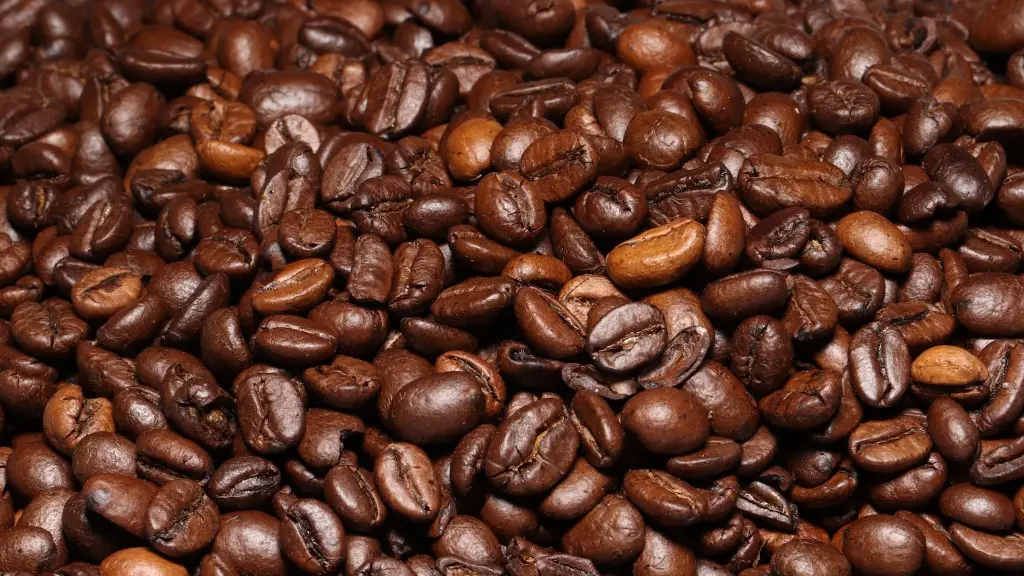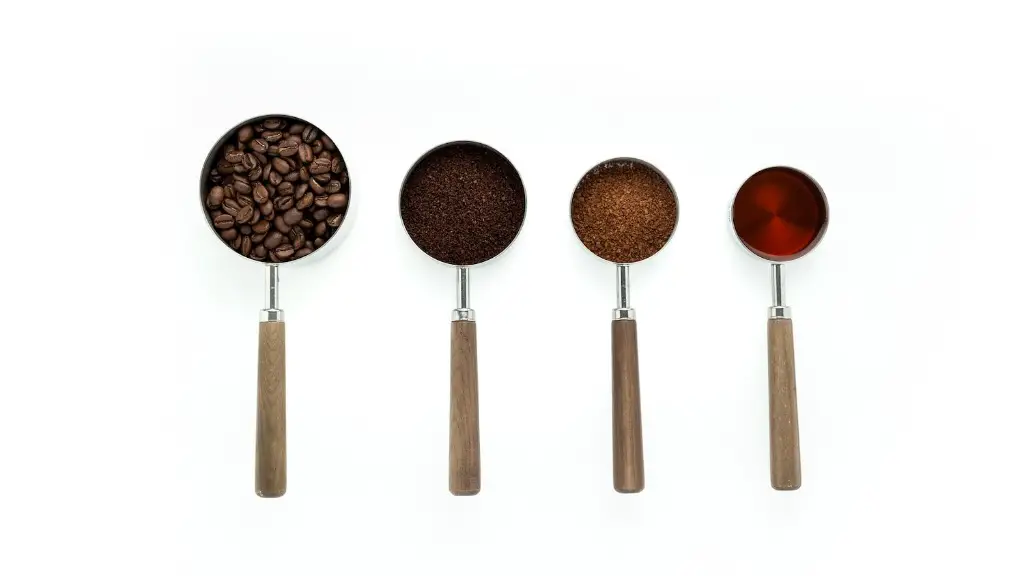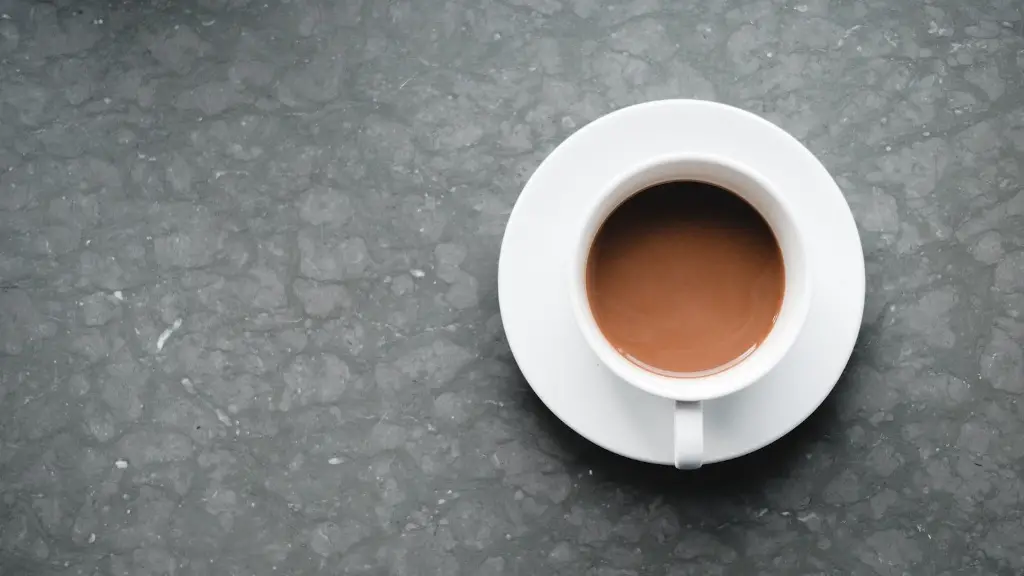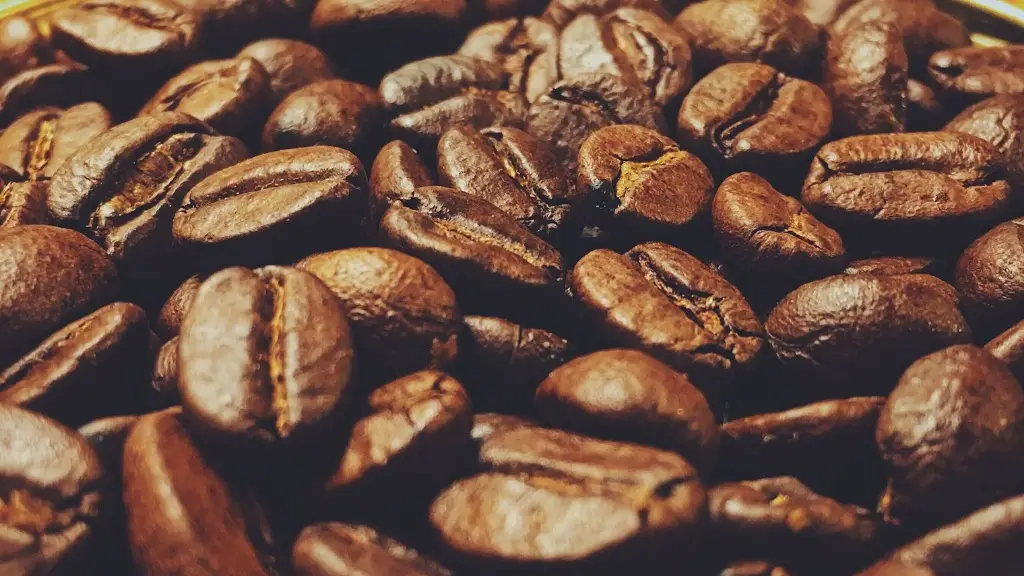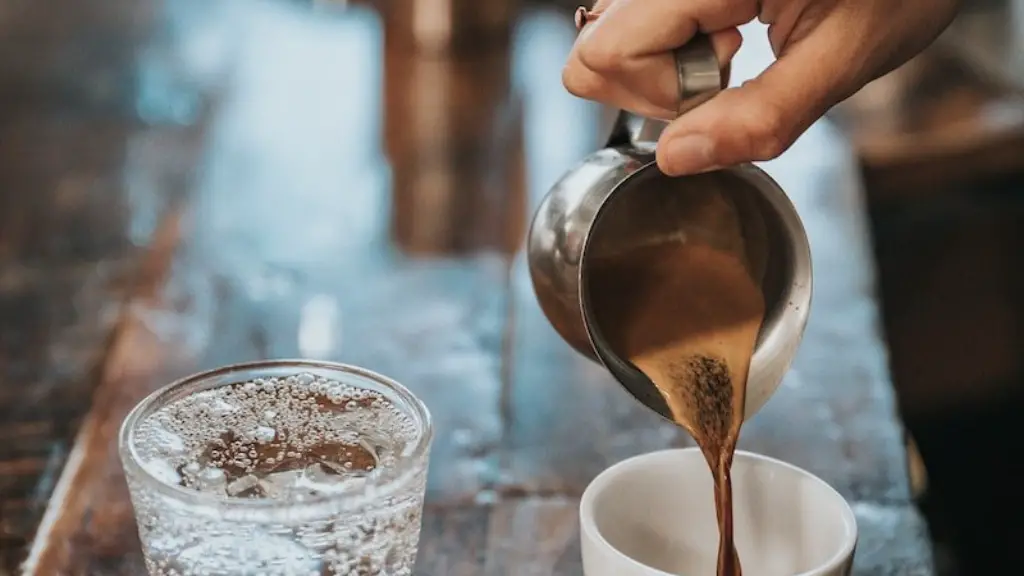How Drinking Coffee Affects Your Teeth After a Tooth Extraction
After having a tooth pulled, patients are often told to avoid certain foods and drinks until the area has healed. However, coffee can be a bit of a grey area for many people who are trying to decide when and in what capacity they can indulge. There are a few things to consider when it comes to the effects that coffee may have on the newly opened wound after having a tooth pulled.
First, it’s important to understand how coffee can affect your teeth. The combination of caffeinated drinks and sugar can contribute to enamel erosion and discoloration, especially when these drinks are consumed on an empty stomach or in large quantities. Even if there isn’t sugar in the coffee, it’s still possible for the drink to irritate the gums or create an acidic environment that could damage your teeth.
Staining is another common concern. The tannins, which are the compounds that give coffee its color, can attach to your teeth’s enamel, creating yellow or brown stains. Additionally, coffee can dry out your mouth and make the formation of plaque easier, which can lead to more staining. Finally, coffee can also increase the risk of gum inflammation and tooth decay.
Given the potential risks, trying to return to sipping coffee as soon as possible might not be wise. The trusted source of information in this regard would be a dental professional. In general, dentists advise people to wait at least one full day before resuming coffee-drinking habits and to keep the intake of coffee and caffeinated drinks to a minimum. Low-acid and decaffeinated coffee are preferred options.
To minimize any potential damage to your teeth, it’s also wise to wait 48 hours before brushing the area where the tooth was pulled. Blotting the area with a moist cloth after coffee is recommended in order to remove any residue that the drink may have left behind. This will help to reduce the risk of infection or inflammation.
If you experience a soreness or tingling in the gums or teeth within a few hours after drinking coffee, reach out to your dentist. This could be a sign that the coffee is causing irritation and you should stop drinking it immediately.
Risks of Drinking Too Much Coffee
Aside from their impact on teeth and gums, drinking too much coffee can bring a host of other problems. Too much caffeine can increase your heart rate or cause nausea and other stomach issues. It can also cause headaches, irritability and restlessness.
Generally, experts advise adults to limit their coffee-intake to 400 milligrams per day, which is equivalent to four cups of coffee. However, it’s important to remember that every person’s caffeine tolerance depends on their height, weight, gender and other factors. Therefore, consulting a health care provider can be wise to determine the upper limit of caffeine-intake for your individual needs.
Pregnant women should also keep their daily caffeine-intake to below 200 milligrams. Children shouldn’t drink more than 45 milligrams of caffeine daily.
Overall, it’s important to be mindful of the amount of coffee consumed daily and understand its potential effects on teeth and gums, especially if you’ve recently had a tooth pulled. Speaking to a dentist and following their instructions (especially with regards to after-care) is the best route to go.
Health Benefits of Coffee
Despite the potential risks, coffee can also provide plenty of health benefits. Studies have suggested that drinking coffee in moderation can help reduce the risk of type 2 diabetes, liver disease, hippocampal neurogenesis, certain types of cancer and even depression.
Coffee is also packed with antioxidants, which are compounds that help to protect your body from cellular damage. It is also a significant source of vitamins B2 and B5 and minerals such as magnesium and potassium.
The key here is to enjoy coffee in moderation. This means limiting the number of cups that you drink in a day and avoiding excess sugar.
Alternatives to Coffee
If you’re not a fan of coffee, or if you simply want to mix things up after having a tooth pulled, then there are plenty of alternatives to choose from. Teas can be a great choice if you want to enjoy an energizing and healthy drink. Green and black tea are both good options.
If you’re looking for something that’s a bit more like coffee, then chicory coffee is a great alternative. This drink is made from the root of the chicory plant, which gives it a coffee-like taste and a range of health benefits.
Kombucha and matcha lattes are also great options, as they contain energizing ingredients such as caffeine and antioxidants. Finally, there are plenty of cold, dairy-free drinks that are made from coffee as well, so you’re bound to find something to suit your tastes, even without the worry of irritating your freshly-pulled tooth.
Knowing When to Have Coffee After A Tooth Pull
After having a tooth pulled out, it’s important to take extra care when deciding what to eat and drink. Coffee does have potential risks when it comes to your gums, teeth and overall health.
That doesn’t mean that you should completely avoid it, however. As long as you’re informed on how to drink coffee responsibly after a tooth extraction and you follow your dentist’s instructions on allowing the area to heal, then you can consume it in moderation.
There are also plenty of alternatives if you’d like to reduce your coffee-intake or vary your beverage options. Chicory coffee, teas, kombucha and matcha lattes are all great substitutes.
Can Sugar In Coffee Effect A Tooth Extraction Site?
Sugar in coffee can have an impact on a recently-removed tooth. As diluted sugar sits in your mouth and touches the affected area, it can increase your risk of developing an infection in the area.
This risk is heightened if the sugary beverage is consumed on an empty stomach or if it is extremely hot. The heat and acidic content present in the beverage could make the tissues around the wound more susceptible to infection.
It is best to wait at least 24 hours after having a tooth pulled before drinking any type of coffee, and to choose low-acid, decaffeinated options that are not too sweet.
Does Coffee Stain Teeth After A Tooth Extraction?
Yes, coffee can stain your teeth after a tooth extraction. The tannins in coffee can attach to your teeth’s enamel and create yellow or brown stains. Each cup of coffee that you drink has the potential to damage your teeth. However, if you drink in moderation and follow the postoperative care instructions provided by your dentist, then your teeth should remain healthy and white.
How Long Should I Wait After A Tooth Extraction For Coffee?
It is generally advised to wait at least 24 hours after having a tooth extracted before consuming your first cup of coffee. This will help to ensure that the area is not irritated or at risk of infection. Additionally, once you do start drinking coffee again, you should blot the area with a moist cloth afterwards in order to remove any residue that the drink may have left behind.
